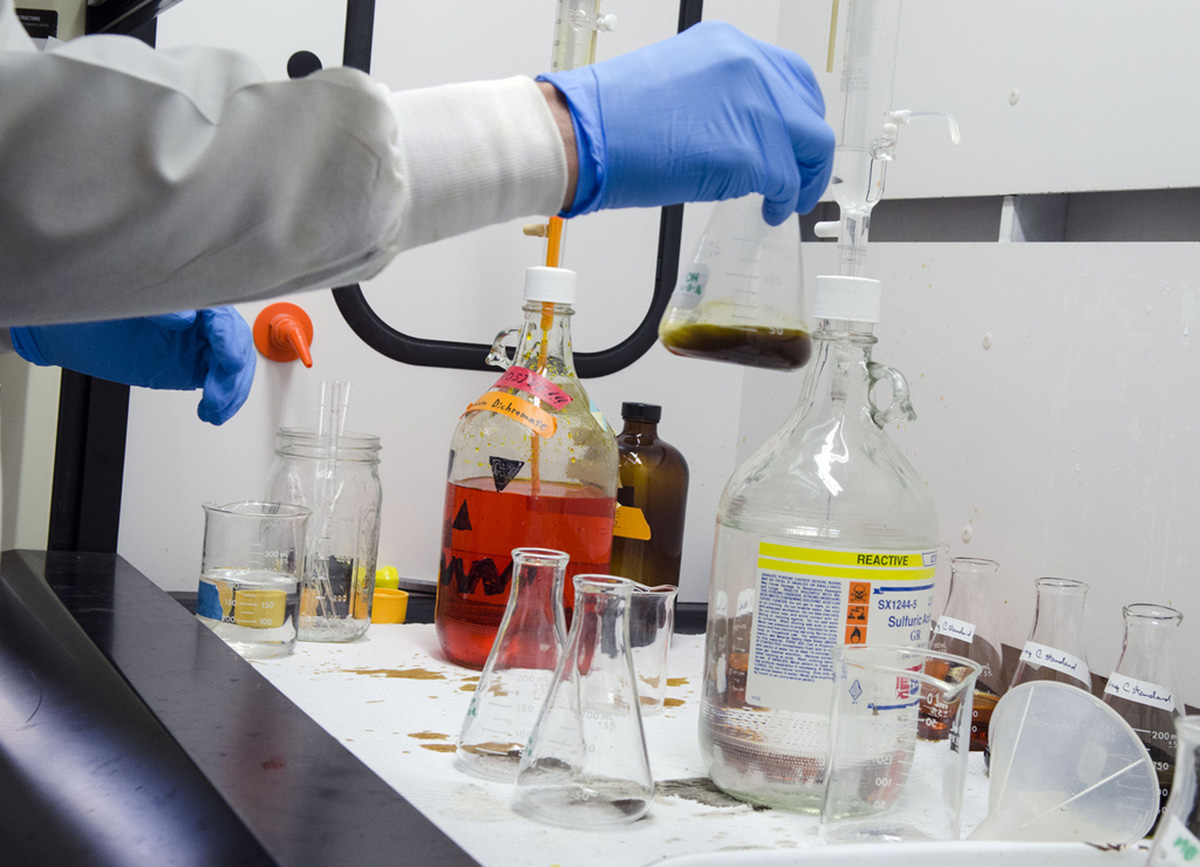Table of Contents
It isn't just reporters who don't understand the nature of medical breakthroughs. It's often also doctors themselves.
In April of 2016 a group physician researchers in private practice or associated with Brigham and Women's Hospital in Boston, the American Board of Internal Medicine, or the Dartmouth Institute for Health Policy and Clinical Practice published findings of a survey of doctors in the Journal of the American Medical Association. They randomly selected 300 primary care providers and 900 specialists who were certified by the American Board of Internal Medicine to participate in a survey. The doctors were presented were asked to choose to prescribe one of two new drugs, only one of which was described as a "breakthrough," after reading a mock press release just offering the facts about the drug, or describing the facts about the drug and calling it a breakthrough, or describing the facts about the drug, calling it a breakthrough, and noting that the FDA was rushing its approval.

In the study, 77 percent of physicians surveyed responded that they thought when the FDA gave a drug breakthrough status, it meant that there was high-quality evidence for that drug. In reality, breakthrough status doesn't mean that at all. Some breakthrough drugs are promising but ultimately don't pan out. The FDA approves them for further testing that fails to find that they are effective. A breakthrough also doesn't mean that a drug is a miracle. It just means that it is better than what is currently available.
Why does this common misunderstanding matter? The reason is very simple. People hoping to get into clinical trials that allow them to be treated with breakthrough drugs pass up opportunities to be treated with other drugs that may not work as well for everybody, but make work better for them. And in any clinical trial, about half of patients will be given a placebo so scientists can demonstrate that the active treatment works. You may stake everything on a breakthrough and get no treatment at all.
There are seven words that should set off an alarm whenever you see them describing a new drug or treatment:
- Breakthrough
- Cure
- Dramatic
- Hope
- Miracle
- Promising
- Victim
These words mean different things to different people. What is a cure, really? Does that mean you will never have the disease again? Or that it goes away for five years, as is the standard for a "cure" in breast cancer and prostate cancer treatment?
READ Our Skin Cells Offer A Pathway For Breakthrough Anti-Aging Treatments
The term "dramatic" generally just draws attention to a story. Most people would prefer to decide for themselves just how much "hope" they have in a new treatment. After all, it's not just a matter of whether a new treatment works. It's also a matter of whether the treatment is available and affordable.
The term promising means “likely to be successful." It gives listeners a reason for establishing expectations. However, medical breakthroughs are evaluated in terms of how they work in groups of patients, not how they work for individual patients. There are always circumstances that are uniquely your own. These may make the drug work better for you, but they may also interfere with your treatment.
And who wants to be a victim?
No medical research is complete until it works for you. When you have a life-threatening disease, it's hard to accept that some treatments just don't always work. However, your survival and your recovery are never about any single treatment. They are always about the totality of your inner strengths, your social support, and your medical care. Don't pursue miracles at the expense of effective care.
- Kesselheim AS, Woloshin S, Eddings W, Franklin JM, Ross KM, Schwartz LM. Physicians' Knowledge About FDA Approval Standards and Perceptions of the "Breakthrough Therapy" Designation. JAMA. 2016 Apr 12. 315(14). 1516-8. doi: 10.1001/jama.2015.16984. No abstract available. PMID: 27115269.
- John S, Burgess R, Cheng-Ching E, Wisco D, Taqui A, Bain M, Toth G, Uchino K, Hui F, Hussain MS. Last resort: case of clot translocation in intra-arterial stroke therapy. BMJ Case Rep. 2014 Jan 6
- 2014. pii: bcr2013010958. doi: 10.1136/bcr-2013-010958. PMID: 24395869.
- Photo courtesy of snre: www.flickr.com/photos/snre/10579415896/
- Photo courtesy of beigephotos: www.flickr.com/photos/beigephotos/2299600717/
- Photo courtesy of snre: www.flickr.com/photos/snre/10579415896/


Your thoughts on this